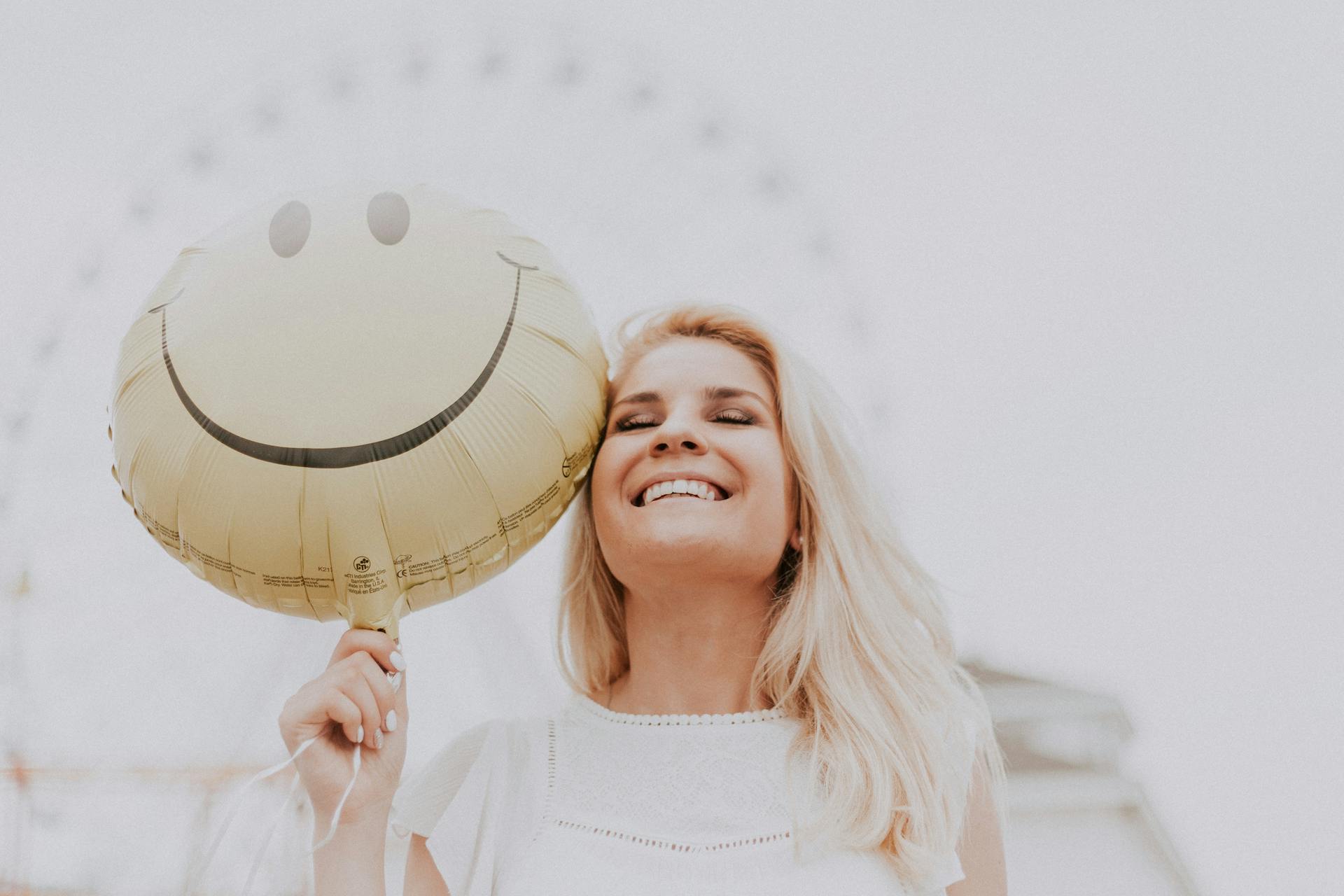Rising Up est reconnue Deeptech par la commission européenne...
Rising Up reconnue Deeptech...
Langue
Struggling to keep New Year's resolutions? Learn how cognitive science can help you change habits and develop new skills in 2024.

“For this new year, I'm going to work out and I'm eating healthier!” , or even “I'm going snowboarding! ”. Who hasn't said or heard one of these sentences in the last few days? The implementation of these good New Year's resolutions allows us to Make progress And of To flourish by changing our bad habits or even by learning from new skills. However it is not also easy to set them up! What does cognitive science tell us about the difficulty of keeping good resolutions?
This tradition of making good resolutions at the beginning of each year dates back to ancient Rome, and even earlier. Emphasizing that the human being has always had the ambition To improve and to strive for a renewal of its skills. These Desire for change and progress, which have lasted over time, show us that these are behaviors that are deeply rooted in us and in our brain!

If our brains are wired to setting goals and focus on a complex action, Why is it so hard to change habits or learn new skills?
As we saw in a Previous article, our lifestyle, our expertise or even our professional environments condition our behaviors. As time went by, they turned into Automatisms and we didn't even think when we did certain actions. In our brain this results in the creating or strengthening neural networks — via their connection spaces called synapses— in certain regions of our brain that allow us to create and facilitate the exchange of information (1). This is what allows us to go faster to process information and therefore gain in efficiency and performance. We thus become experts in coming home without even having to think about it or snowboarding in a frontside or backside position without any problem.
But what happens when we want to, by readjusting our habits, learning new things?
When we change our automations we should not just “delete” or “forget” a module that would correspond to our old habit. The reorganization of our brain circuits following a behavioural change/rehabilitation is much more complex (2)! Indeed, changing habits means unlearning an automatic system in order to learn a new one.
Finally, there are two actions that must be carried out: UNLEARN and LEARN. It is this twofold Action that makes it going to be very expensive in terms of cognitive resources, especially if these behaviors are acquired for some time and that the desired change takes place in a similar context !

A bit like when we start snowboarding after years of skiing. The automations acquired from our years of ski training can create interference (3) with this new apprenticeship. We will have to unlearn our automatic skills related to skiing in order to acquire new ones related to snowboarding! We thus take much longer to acquire the right actions compared to our colleague, who has never skied or snowboarded!
But after being well aware of this cost and the time it takes to set up new habits, how do you do it, where do you start?
Recommendations for a long-term effect
Let's avoid abstract concepts like “do more sport”, or “be a better friend, partner or collaborator.” Let's be concrete and specific: what sport and why this one? What skills to develop for what objective?
Often we tend to set the bar very high and therefore... unattainable. Let's divide each stage of our challenge and each step must be a victory!
The strength of the environment is a factor that is often overlooked when it is a facilitator of our behaviors. Let's put every chance on our side to succeed.
Learning is a mechanism that takes place play in time. Let's not forget the adage “neuron that fired together wired together.” This can be translated as “the more we practice, the more the neural network that underlies this skill becomes stronger and more powerful.”
Let's use these keys from cognitive science to better understand what's going on in our brain and help us to achieve our goals for 2020 ! We need to be aware and identify our automations that block our new learning ! Let's implement effective strategies, Step by step, to unlearn our automations by identifying them, to finally change our habits or fully master our new skills ! By better knowing how our brain works, it gives us a better chance of having A power over ourselves, better self-control and to put everything in place to meet your goals!

Want to go further and learn to master these powerful skills, discover our programs.
Du recrutement au développement des compétences, Rising Up fournit des données comportementales fiables pour guider vos choix RH et pédagogiques.
